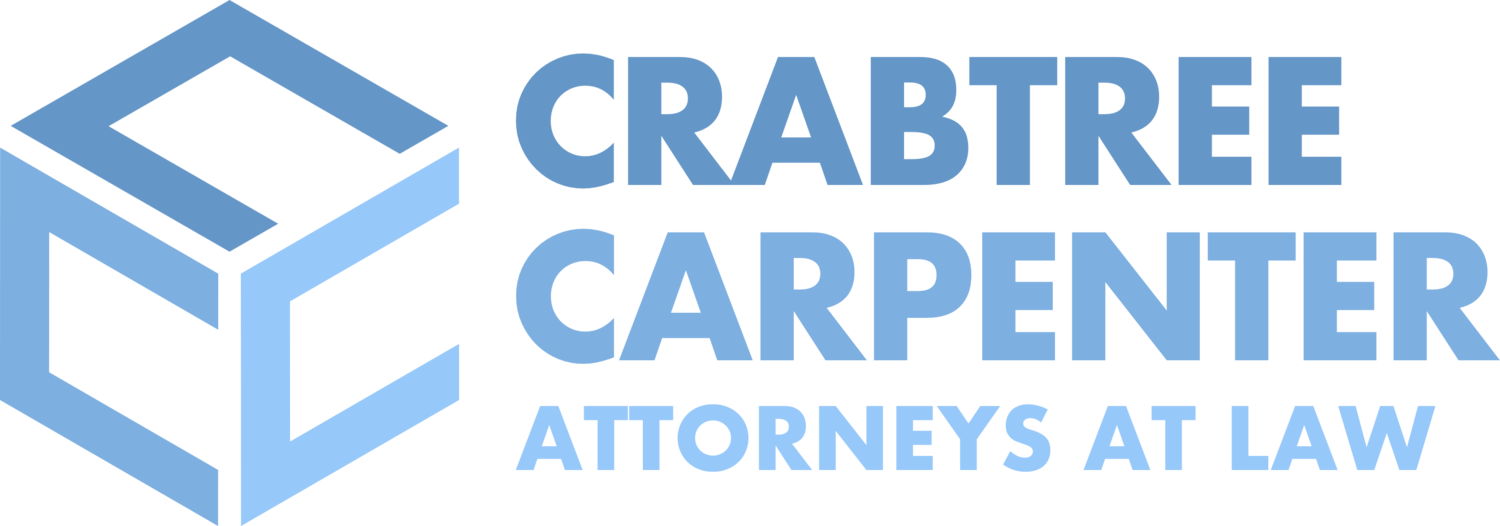Whether in New York, New York or Durham, North Carolina, choosing the legal structure of a business is one of the most critical decisions every entrepreneur faces at the outset of a new venture. The effects of this choice reach well beyond whether you might face personal liability, will impact how much you pay in taxes, the level of paperwork and formality required, and even the ability to raise funding.
To help ensure that Durham entrepreneurs will make the right choice for their businesses, this article will cover some basic considerations with regard to some of the most popular organizational structures, including the Sole Proprietorship, Partnership, Corporation, and the Limited Liability Company.
See Part 1 of this post for information on Sole Proprietorship and Partnership
Corporation
A third, more sophisticated type of entity is the Corporation. Corporations are legal entities distinct from their owners and organizers, and can be taxed and held legally liable for their actions just like an individual. The greatest advantage of the corporate structure is avoidance of personal liability for the owners- it is extremely difficult to “pierce the corporate veil” and hold an owner liable for the debts and actions of the entity.
The primary disadvantages, on the other hand, are the extensive cost and record keeping requirements of starting and operating a corporation. Unlike sole proprietorships and partnerships, corporations are required to pay taxes independent of those paid by corporate shareholders. This results in what is known as “double taxation,” because both the corporation and the shareholders must pay taxes on any earnings which are distributed. An S corporation structure—also known as a Subchapter S corporation—may be utilized to avoid this issue in lieu of a regular C corporation. In an S corporation, earnings and losses may be passed through to the tax returns of shareholders as in a partnership or sole proprietorship.
For those who perform personal services that requires a license from a North Carolina licensing board, the Professional Corporation is another option. In general, PC’s must be operated for a “single purpose,” meaning that all members must practice in the same professional field. Another restriction of PC’s is that only those licensed to perform professional services of the kind the business offers may own stock in the business. Like any other corporation, PC’s offer shareholders insulation from liability and owners may elect “S Corp.” status in order to gain the benefits of pass-through taxation.
Limited Liability Company
Since its introduction in 1993, the Limited Liability Company, or LLC, has become the most common form of business structure in Durham, North Carolina. The LLC affords many of the advantages of the corporation and partnership business structures. Similar to a partnership, for instance, earnings and losses may be passed through to owners without taxation of the business itself. And similar to the corporation, the owners of an LLC are shielded from personal liability for the business’ debts and obligations.
In addition to the standard LLC, there is another option—the PLLC— for businesses which are deemed “learned professions” such as doctors, lawyers, accountants and engineers. The primary difference between PLLCs and LLCs is that the PLLC does not shield individual members from malpractice claims against them. PLLC members are still, however, protected from the liabilities and obligations of the business, and may not be held liable for another member’s malpractice. This liability structure is often chosen by professionals as it is more conducive to a stable business where malpractice suits may pose a risk to the company as a whole.
One downside of LLCs in comparison to corporations, however, is that it does not have shares or stock certificates. As a result, it may be difficult to raise public funding and owners will have to decide whether each investor will be a simple member of the LLC, or a member-manager with authority to act on behalf of the entity.
While the considerations above are a great place for the entrepreneurs of Durham, North Carolina to start when deciding what type of business to form, the decision is ultimately much more nuanced. In order to ensure the best choice of form for your business, it is advisable to speak to an attorney as to your specific needs and goals. Indeed, while most entrepreneurs will tell you to seek legal advice when drafting Articles of Incorporation or Organization for your new Corporation or LLC, it’s just as important to get the first step right.
Michael E. Kohagen is an attorney with Crabtree, Carpenter & Connolly, PLLC, in Durham, NC.



